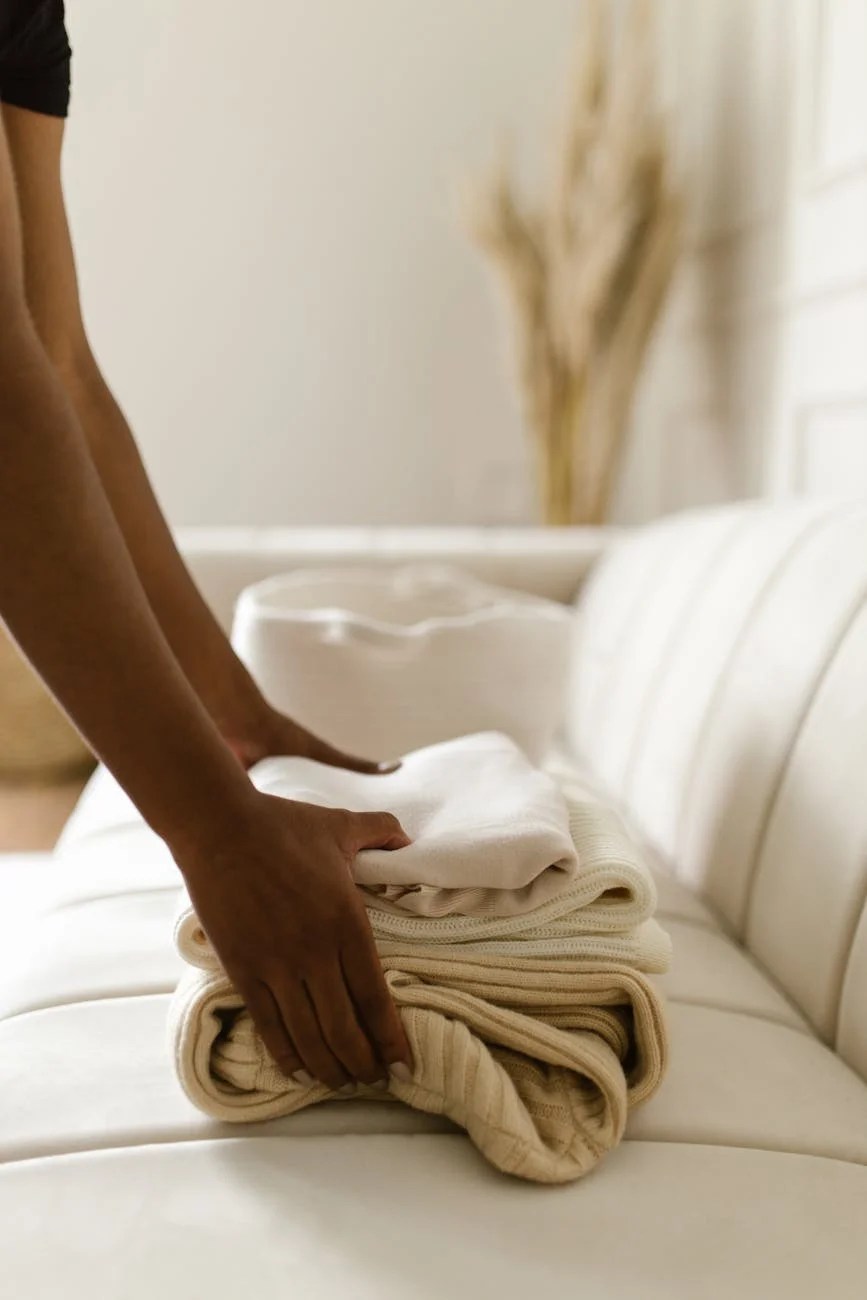
Ever notice how your brain feels lighter after clearing a messy desk? That feeling isn’t just in your head—decluttering boosts mental clarity, reduces mental fog, and lifts mood. In this article, you’ll learn how decluttering directly improves your mental clarity and energy, and discover small habits that sustain a calm, focused life.
The Brain and Clutter Connection
Visual clutter and cognitive overload
When your environment is filled with too many items—papers, decorations, clothes—your brain is forced to process them all. According to research from Nuvance Health, clutter competes for your attention, reducing working memory and increasing fatigue. Nuvance Health
Declutter When Overwhelmed: A Gentle Start shows how even small actions reduce that overload.
How clutter triggers stress hormones
Messy surroundings can raise your cortisol levels. A study by the University of Connecticut linked clutter with elevated stress, anxiety, and decreased well‑being. Utah State University Extension When stress hormones stay high, mental clarity suffers.
The science behind why “less is more”
Psychology Today reports that disorganization correlates with higher instances of depression, anxiety, and lowered productivity. Psychology Today Conversely, minimalist or tidier spaces help the brain focus, relax, and process information more efficiently.
Spaces That Influence Your Mood Most
Entryway first impressions on stress
The moment you step into your home, your entryway sets a tone. A chaotic or cluttered entry can subconsciously signal stress. Keep shoes, coats, mail contained to reduce anxiety before you even take two steps in.
Kitchen counters and decision fatigue
Kitchen surfaces loaded with appliances, dishes, or leftovers overload your senses. That constant visual stimulus forces your brain into decision‑mode. Clearing countertops reduces mental load and decision fatigue.
Bedroom clutter and sleep quality
Your bedroom should be a sanctuary. Clutter here can disturb sleep by triggering thoughts of what you need to clean or organize. Research shows that cleaner sleep environments lead to better rest and improved focus the next morning. Nuvance Health+1
Small Wins, Big Mental Shifts
Clear a surface = instant calm
Even clearing one tabletop, a desk, or a shelf can offer immediate relief. Visual space brings peace. It acts as a reset button for your brain.
5‑minute drawer declutter for quick dopamine hits
Set a timer for five minutes and tidy a drawer or compartment. The act of decluttering triggers a small dopamine boost—reward‑based behavior—making it easier to continue.
Create one “clear view” zone in every room
Designate one area per room that’s always kept clean and minimal. This becomes your visual refuge—a spot you can see and feel relaxed in, whenever you’re in that room.
Sustainable Mind‑Boosting Habits
Evening reset to start fresh each morning
Spend a few minutes each evening putting things back in place: straighten pillows, wash dishes, pick up clothes. Waking up in a more orderly space boosts your mental clarity all day.
Seasonal swaps as built‑in refreshers
At the change of seasons, reassess what you own. Let go of items unused in months and rotate what you display or use. This reduces accumulation and keeps your surroundings feeling fresh.
“Anchor habits” — tie tidying to daily routines
Link decluttering tasks to existing habits. For example: after brushing your teeth, tidy the sink area; while waiting for your coffee, wipe down kitchen counters. These micro‑habits build up.
FAQ
Q: Can decluttering really reduce anxiety?
Yes. Studies show that living in organized, tidy environments lowers stress hormones like cortisol, improves mood, and reduces feelings of overwhelm. Utah State University Extension+1
Q: Which room should I declutter first for mental health?
Begin with where you spend most time or where clutter impacts you the most—often the bedroom, kitchen, or workspace. A “clear view” zone in these spaces can yield big mental clarity returns quickly.
Q: How do I keep the calm after a big clear‑out?
Maintain habits: nightly resets, anchor habits, and periodic seasonal decluttering keep clutter from creeping back. Consistent small wins are more sustainable than occasional big cleans.
Conclusion
Decluttering boosts mental clarity by reducing visual clutter, stress hormones, and decision fatigue. Starting small, designing a few clean zones, and building anchor habits can lead to sustained improvements in mood, sleep, and focus. Your environment deeply influences your mind—clear your space, free your brain.
